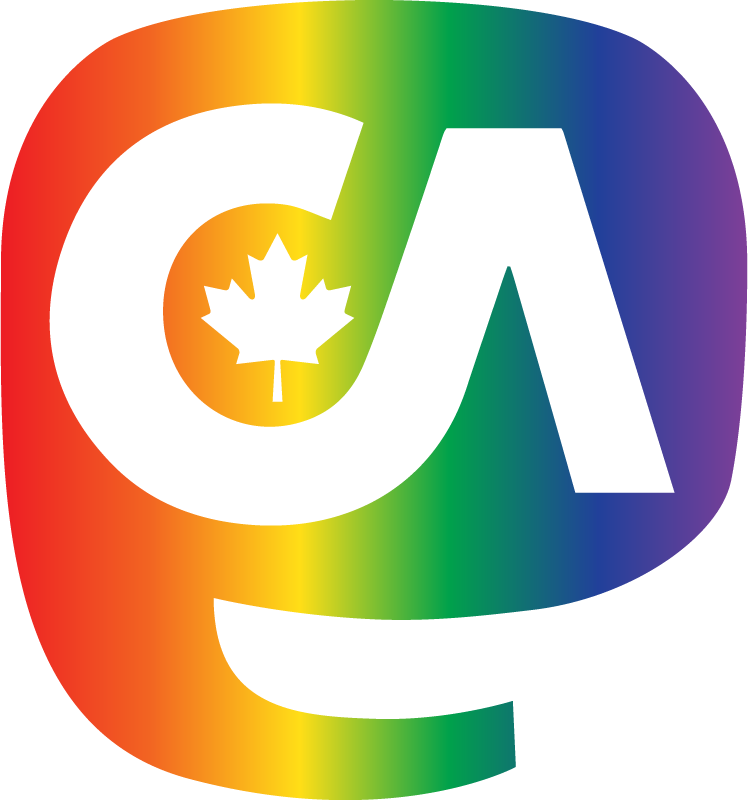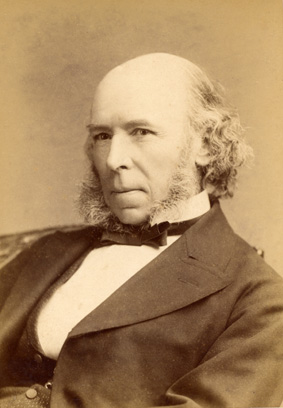@nonehitwonder This is literally survival of the fittest in action though. It's never about the individual, it's always about the group. The group that teaches the best habits benefit just as much as the group that perpetuates a beneficial mutation.
Compassion *is* a trait that benefits a population, otherwise we never would have developed it enough for it to survive generations. And we wouldn't see it in animal populations like this.
@USSJoshuaNorton @nonehitwonder
💯 this! For sure.
(but whenever I see a clip like this, I hear Vala in my head [Stargate] and laugh again at her hilariously wrong line ... "Because you are also a Tortoise"! 😂)
“Am I my brother’s keeper?” to deny social responsibility.
In the original, Cain has murdered his brother in a fit of jealousy and attempts to deflect and hide his crime with the phrase.
This seems like it might be apocryphal. From Wikipedia:
Writing in the 1990s and 2000s, author Albert Jack and Messianic minister Richard Pustelniak, claim that the original meaning of the expression was that the ties between people who have made a blood covenant (or have shed blood together in battle) were stronger than ties formed by "the water of the womb", thus "The blood of the covenant is thicker than the water of the womb". Neither of the authors cites any sources to support his claim.
OMG. 🤯
Thank you! 👍
I now understand real meaning of that saying.
Because it's rarely used in that manner, most of the time one who says it means it in "family bond is stronger."
@FandaSin Unfortunately it's not true; several of us have posted the correction in reply, but it seems that JoshuaNorton is muting us all.
"Blood is thicker than water" can be traced back several centuries to Scottish writings, and (without known connections) even further in German.
"The blood of the covenant" version can only be traced back to 1994, when an author claimed it to be the original version without citing any sources or references.
Thank you.👍
@USSJoshuaNorton From my understanding this isn't true; "blood is thicker than water" can be traced back through several hundred years of Scottish writings¹, while the "blood of the covenant" version can only be traced back to 1994² - where someone claimed it to be the 'original meaning' without citing any sources.
1. A Collection of Scots Proverbs by A. Ramsay, 1737 with later reprints
2. How Shall I Know? The Blood Covenant, by R. R. Pustelniak, 1994.
@skoombidoombis Absolutely. The original wording seems to invoke blood brothers from the battle field, but *any* family formed by choice requires so much commitment and work. Blood relations *can* also put that effort in, but my personal experience has been those using the quote to insist blood family over everything else don't usually put that work in.
@USSJoshuaNorton @nonehitwonder
That is informative! Thank you!!
In fact I was interested in the etymology of the phrase, after reading this, and apparently the first appearance of the phrase is the German Reinhart Fuchs/Reynard the Fox... anyway I will definitely bear this in mind the next time I hear the phrase misused 👍
@USSJoshuaNorton @nonehitwonder that's why when Star Trek 2 came out, I immediately cited the flaw in Spock's logic.
It's the needs of the *whole* outweigh the needs of the few, or of the many.
This kind of self awareness combined with honesty, rarer still.
@jaystephens @USSJoshuaNorton @nonehitwonder At some point while I was homeless ~7 years ago I realized that individual humans don't survive alone so if I wanted to not freeze to death in an alleyway somewhere I had to at least learn to pretend to understand how other people feel. Since people can't read minds (as much as many would like to believe empathy lets them) my motivations are unknowable to them and if I act in the way I think an empathetic person would their brains fill in the blanks and perceive me as feeling empathy even though in reality I'm not feeling anything.
Me masking my ASPD is pretty much entirely for the sake of avoiding social punishment. It's a lot of conscious effort to pay attention to facial expressions, tone of voice, and all the other indicators of someone's emotional state to try to figure out how they're feeling but in the past few years I've found people I can be honest with and they still care about me even knowing what I am and getting to have friends is pretty tight. I still can't share in anything they feel which means I can't form meaningful emotional connections so it's a pretty lonely life even with people who care about me around.
Seeing books like Robert Greene's "48 Laws of Power" sell well or politicians talking about the "sin of empathy" honestly baffles me because I can't imagine why anybody would want to self-impose the kind of emotional isolation I don't have a choice but to live with. Division of labor and interdependence are the things that made our species successful in the first place. If you look at the evolutionary arms race that shaped our species, humans are really squishy and pretty bad at everything that isn't innovating new ways to throw rocks or working together. Even if it doesn't come naturally to me, I still have to figure out how to fit into the mold of my species if I want to succeed.
@USSJoshuaNorton @nonehitwonder
Darwin himself wrote in 'The Descent of Man' (1871) that morality is not uniquely human, but rather a naturally occurring trait that has developed from social instincts. He described that compassion, care for others and cooperation are present in many animals and have been further developed in humans through intelligence, language and reflection.
He described that societies with strong emphasis on morality and cooperation would have an evolutionary advantage.
And who cares if we're better or worse at surviving? That's how they get you to stop people from surviving, for the crime of not surviving. If they won't survive, you don't have to help step on them. But if you do that, the ultra-wealthy will benefit greatly from your self-destructive obedience to their lies.
Like, would you only show compassion because it benefits a population? No, you show it because you're not a fucking asshole, and you like people! Maybe it benefits the population, but that'll work itself out, doesn't need our attention.
CC: @nonehitwonder@tenforward.social
@cy @USSJoshuaNorton @nonehitwonder
Yes, Darwin even used the phrase himself.
This is a comprehensive resource to learn more about the history:
https://www.nature.com/scitable/blog/accumulating-glitches/the_meaning_of_fitness/
TLDR; The term has been vastly misinterpreted to mean something other than what it meant in biology, where it originated. “Fitness” refers to passing on genetics or phenotypes to the next generation, and doesn’t even need to involve someone having children of their own. There are many diverse examples in nature where family support each other, and other cooperative relationships, even between species, that are crucial to the next generation’s survival.
It is absolutely about “good enough”, and that does not have one, single definition.
So, exactly as you say!


